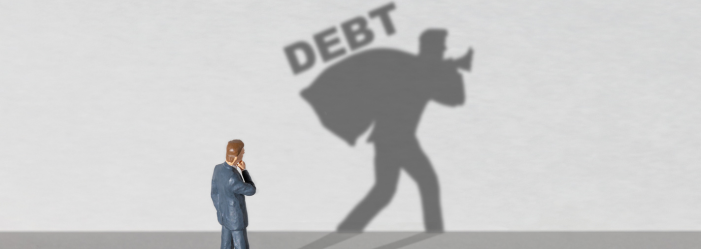|
BLOG
Korte and Associates
News
GET THE LEGAL ASSISTANCE YOU REQUIRE AT THIS MOMENT
|
Sued for a Debt on a House You No Longer Own?

It is completely understandable and logical to describe the feelings of losing your home as devastating and traumatic. Aside from the emotions, when your home is being sold away, it must signify the end of a chapter and the potential for a new beginning. However, it doesn't always end this way.
In addition to the devastation, you might become liable for a remaining debt on a house you no longer own. How can this happen? When you made the important purchase of your home, you signed two crucial documents: the promissory note and the mortgage. Unfortunately, the mortgage grants the lender the right to sell the house if you fail to make payments. Furthermore, the promissory note allows the lender to pursue you for any outstanding amounts.
There are two circumstances that highlight the importance of the situation above:
-
When the property was sold for an amount that is less than the amount of the first mortgage:
In the possibility that the mortgage lender sells the house for less than the amount needed to pay off the mortgage, the first mortgagee has the right to ask you for the amount that is owed between what you have to pay and the overall sale for the property. This payment is called the deficiency. In the situation above, the mortgagee can ask for payment only in terms of the note you signed. In Florida, there is only a one-year timeframe for which the mortgagee can pursue you for the deficiency. The one-year timeframe starts the next day after the court signs and issues the certificate.
-
When the amount that the property sold for is enough to cover off the first mortgage, but not the ones after:
When there are multiple mortgages on the property, and the amount sold for can only cover the first one completely, the other mortgagees can then ask you for the money in terms of the note.
According to these situations, the absolute worst thing you can do is to ignore the case. It will not keep the case from disappearing. As a matter of fact, it will only increase the probability that the mortgagee will try and obtain a default judgment against you and your negligence. The best thing you can do is to find legal help who have copious amounts of experience with dealing with these types of situations relating to consumer finance.


